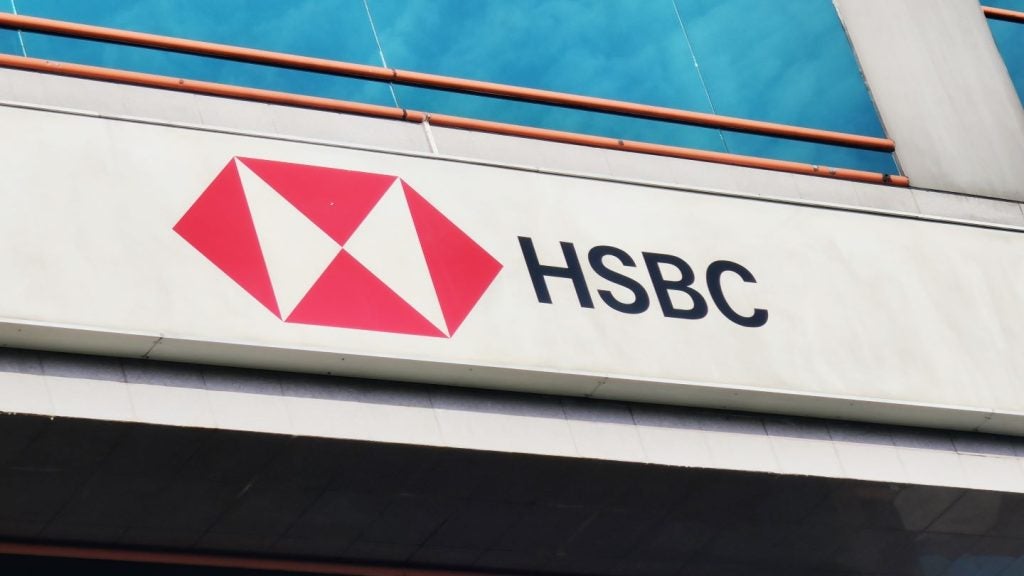Chime may have made a name for itself as one of the world’s leading neobanks, but now it will have to call itself something else. The fintech unicorn has agreed with a Californian regulator to stop referring to itself as a “bank” in a case that could change the self-image of the entire US neobank sector.
The company came under fire from the California Department of Financial Protection and Innovation after it used the URL “chimebank.com” and phrases like “bank” and “banking” in its marketing material, according to a settlement between Chime and the agency. While neither admitting nor denying any wrongdoing, Chime has agreed to comply with the regulator’s order to change how it presents itself.

Access deeper industry intelligence
Experience unmatched clarity with a single platform that combines unique data, AI, and human expertise.
As per the settlement, the $14.5bn company has agreed to stop using terminology suggesting that the startup is a bank by 15 May 2021. In any case where testimonials refer to banking with the business, Chime has agreed to make it clear that it is a fintech firm, not a bank, and that all its banking services are provided by partner banks.
For anyone accustomed to hearing Chime mentioned in the same breath as the phrases “challenger bank” or “neobank”, the settlement may seem odd. The company is, after all, constantly on the list of companies in the sector to look out for.
However, that doesn’t make it a bank. At least not according to the law. Businesses must have banking licences to be banks. Acquiring a licence is not easy in the US and always a lengthy affair. Chime competitor Varo Money famously waited over three years and suffered through several application rounds before it was approved for its licence in 2020. Other digital lenders like Monzo and Revolut have also applied for US licences.
Despite not technically being US banks, these companies have been able to provide traditional banking services – such as debit cards, spending and savings accounts, credit services and money management solutions – by partnering with FDIC-insured banks, adding an important layer of protection for consumers using their services.

US Tariffs are shifting - will you react or anticipate?
Don’t let policy changes catch you off guard. Stay proactive with real-time data and expert analysis.
By GlobalDataChime no longer calling itself a bank is unsurprising, especially given that it has taken steps in the past to distance itself from suggestions that it may be a bank.
“We’re more like a consumer software company than a bank,” Chime CEO Chris Britt told CNBC last year. “It’s more a transaction-based, processing-based business model that is highly predictable, highly recurring and highly profitable.”
Chime focusing even more on making it clear in its material that it is not a bank dovetails with these efforts.
The question is if other challenger banks will commit themselves to an equally stringent approach. Revolut declined to comment on this story; Monzo didn’t reply to requests for comment before the publication of this story. N26 replied that it doesn’t refer to itself as a bank in the US and that all its services is offered via its partnership with Axos Bank.
Of course, challenger banks have been able to get licenses elsewhere as different regions have different regulations for their digital lenders, a situation outlined in GlobalData’s recent Beyond the Hype: Insight into Digital Challenger Banks thematic research report.
“Chime is operating in the US context and the US regulator is quite different from the FCA here in UK,” Yusuf Özdalga, partner and head of UK at QED Investors, tells Verdict. “Here we’ve seen new banking licences being granted more easily.”
He adds that some companies branding themselves as neobanks have not been granted their licence in the UK either, but have overcome this obstacle by signing partnerships with different service providers.
While Chime may have stopped referring to itself as a bank, neobanks and challenger banks are probably going nowhere, even if they may not call themselves banks.







